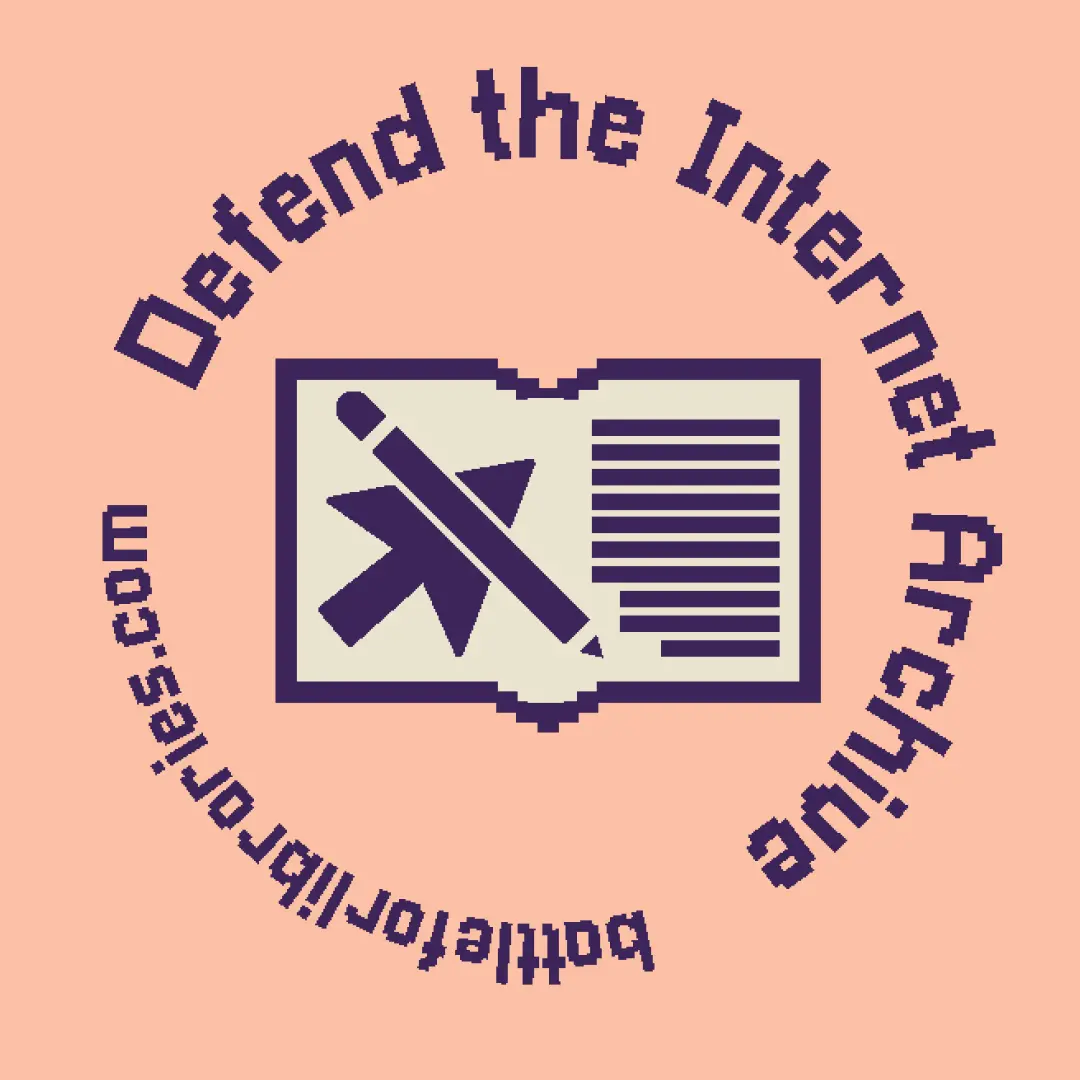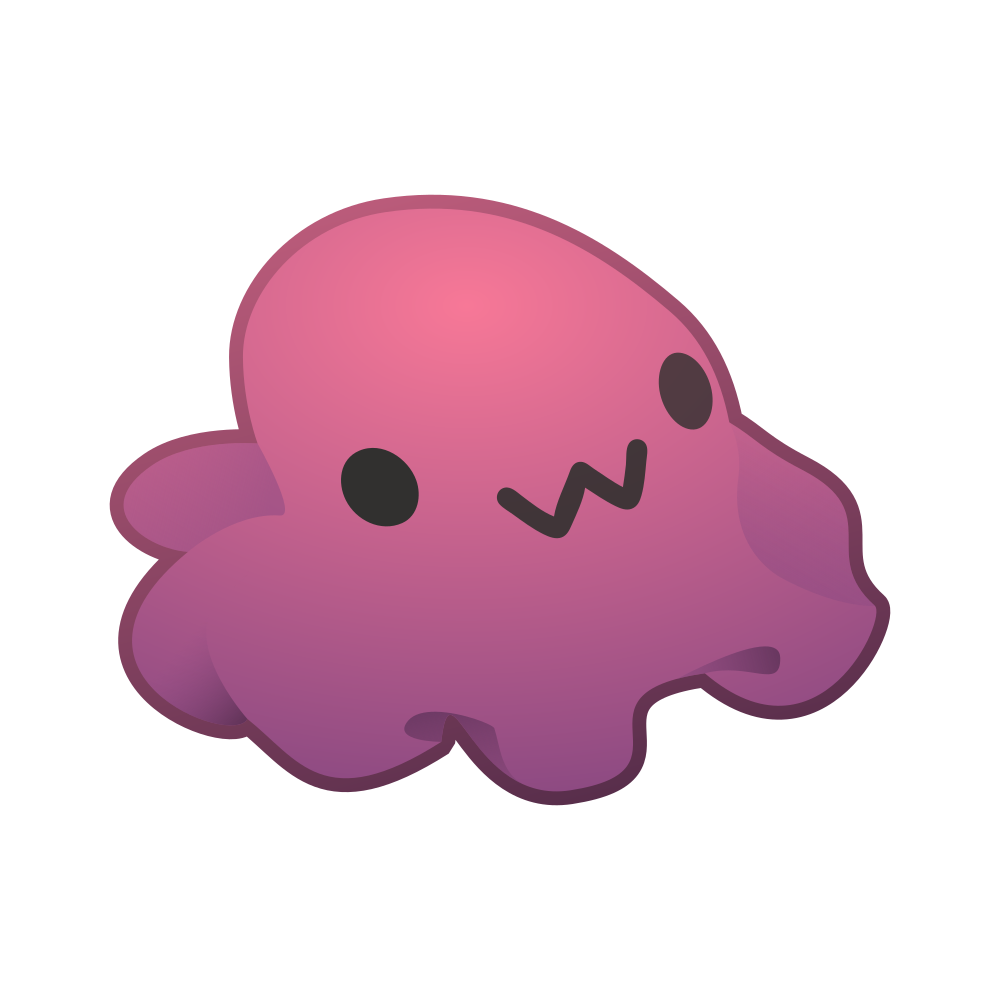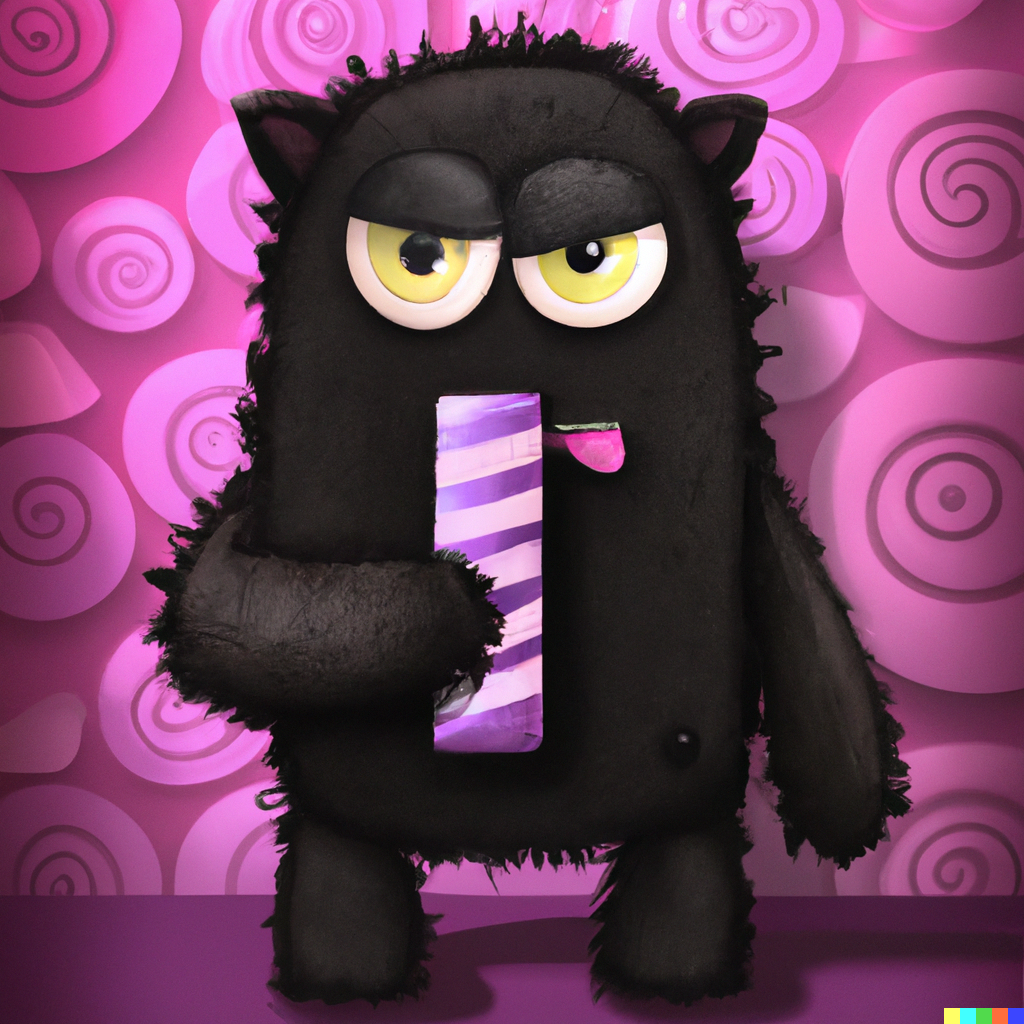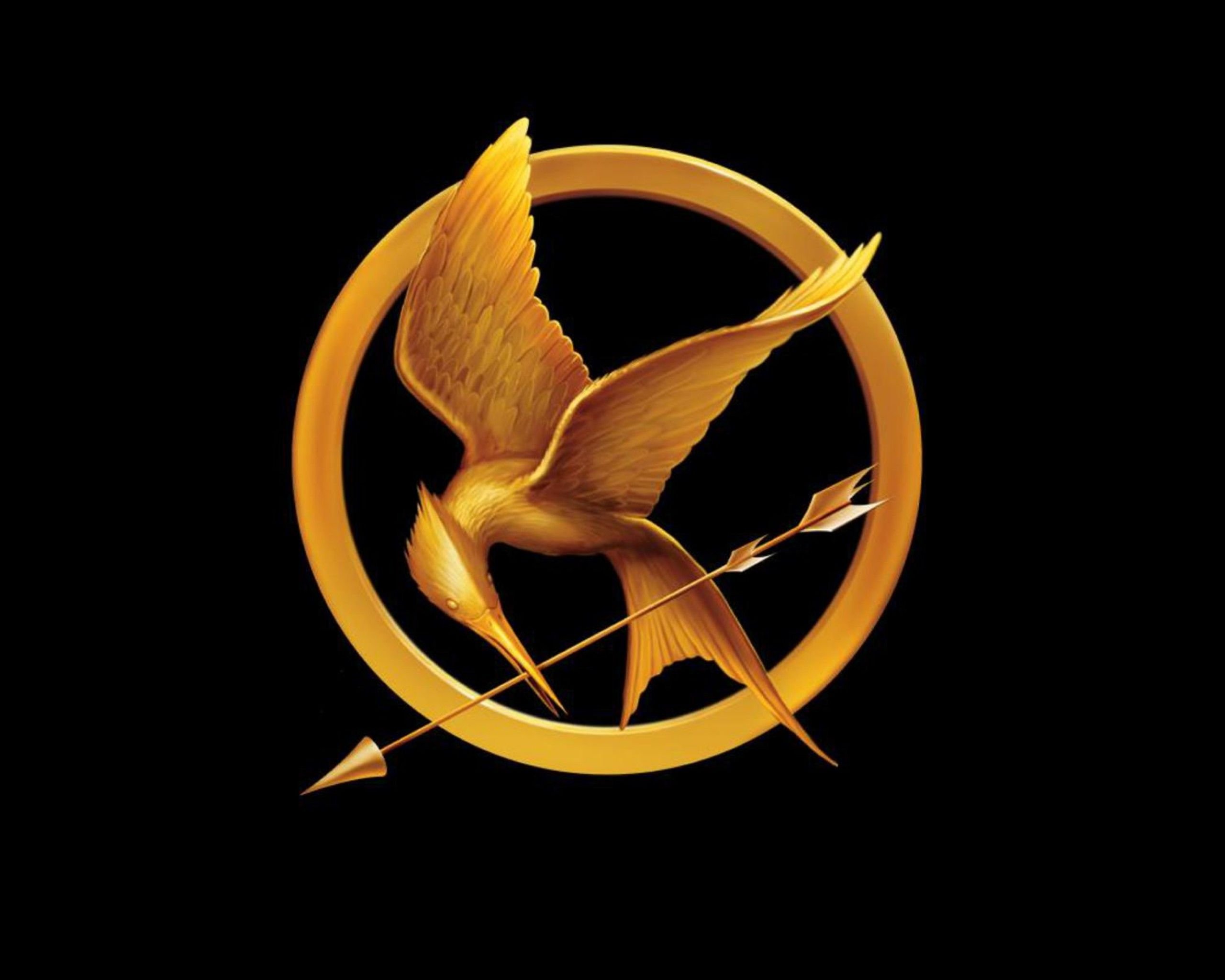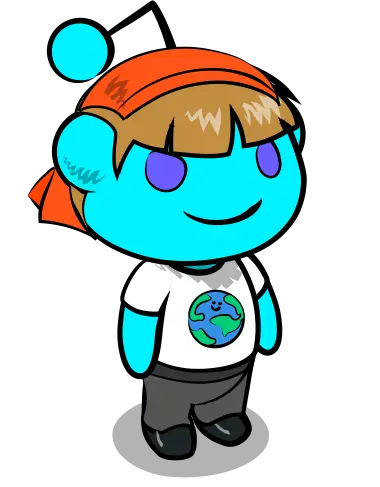
(I understand the joke, please don’t explain it)
Dreifaches Doppel-Du
HTTP Error 400
My favorite joke
deleted by creator
That’s why I say “dub dub dub” it confuses people and I have to explain that it’s www which is short for world wide web but I saved a little bit of time by saying dub dub dub…wait a minute…
honestly I think w should be renamed “dub”. stupid long-ass name for a single letter
Yeah dub would bring it back in line with all the other letters, which are single syllable. Get your shit together, W.
It saves a lot of time once you have established it. You invest time when establishing it and get a fraction of it back once a mentionable amount of people know it
Dubya dubya dubya
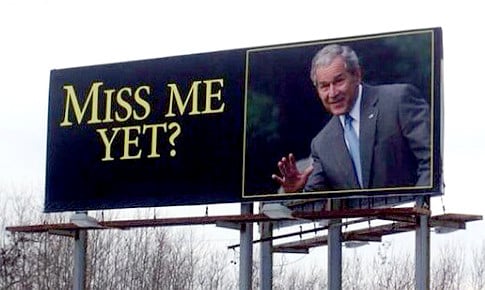
FUCK no
Three-dubs
I read that is dumb dumb dumb
Pro wrestling fans of ECW support your cause.
…Double You Bee
deleted by creator
not in my language
Removed by mod
At least we have Japanese beat.
ダブルユー ダブルユー ダブルユー or daburuyu daburuyu daburuyu
12 syllables vs 9 haha
Spanish would be doble ve doble ve doble ve
In double checking my work, it looks like the alphabet got reduced and the name of w changed.
Now it’s doble uve doble uve doble uve
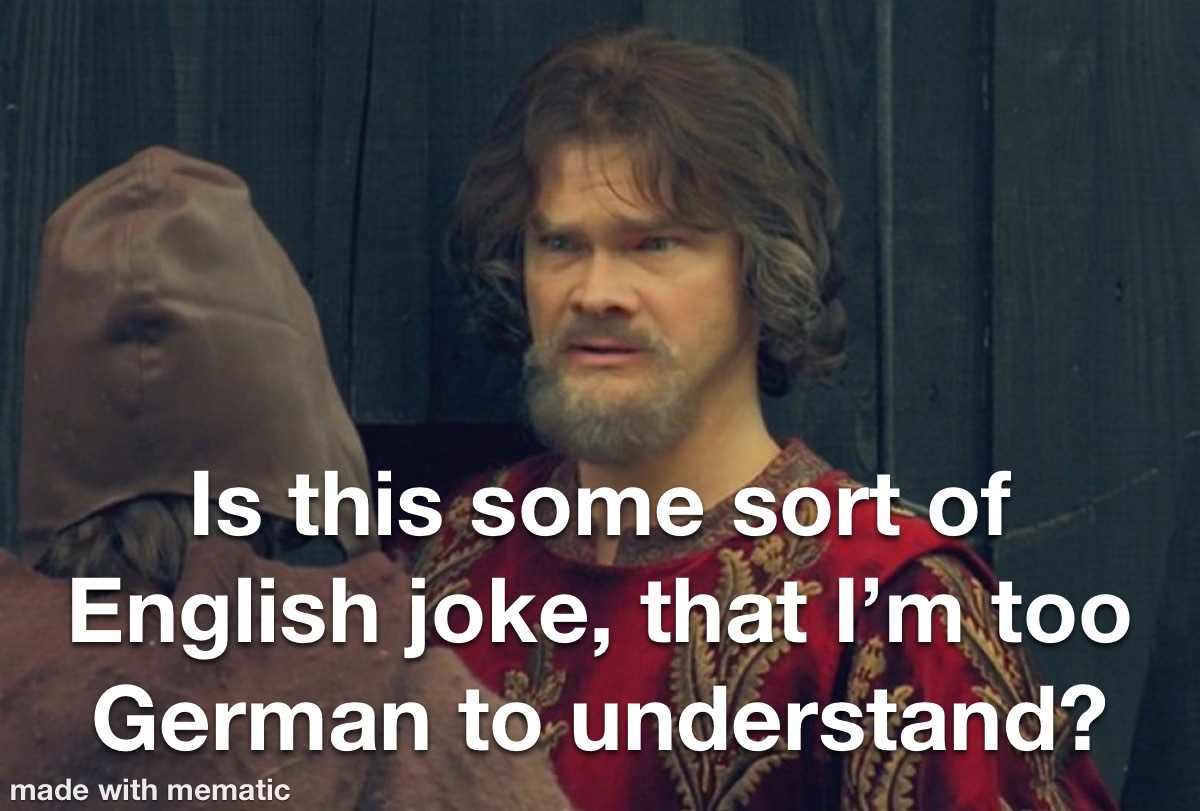
If serious, it’s because double-you, double-you, double-you (6 syllables) vs world-wide-web (3 syllables). A syllable sort of represents the amount of time it takes to say something.
So it takes twice as long to say www.
If not serious, yes, it’s because your German. But then again, German humor isn’t really that.
I wasn’t serious, but thanks for the explanation!
I’m sure it’s helpful for someoneIt was a poor explanation. Double you has 3 syllables so it has nine all up vs 3. So it takes 3 times as long. I don’t think it was about the time but the ease of saying it. World Wide Web is a bit annoying to say
I don’t think it does take 3 x as long to say though, I think they both take about the same amount of time. Double-u is easy to say.
(Happy cake day! )
Yes it is, but why not just say the sound of the letter?
Way-way-way / wee-wee-wee / wuh-wuh-wuh ?
Even the dub-dub-dub someone else suggested would work.
No wonder everyone dropped the
www.from their urls ¯\_(ツ)_/¯I’ve no better answer than “It just isn’t done.” Native English speakers at the very least would not interpret that as indicating the letter, they would interpret it as someone stuttering or what they’re trying to say is stuck on the tip of their tongue.
Hang on. Don’t Germans say it “doobla-veh?”
Nope, that would be the French 🥖
Yea, I was surprised a German wouldn’t get it, with English borrowing so much from German.
But thanks for the chuckle!
It’s worse! 9 syllables!
Per other poster, dou-ble-you (I didn’t catch that myself)
Haha woah I had to sound it out
Always gotta clap the syllables!
you’re*
Look man English isn’t a language it’s a mistake
In Dutch www is faster. Never understood why one would give a letter a name that consists of 2 parts.
I don’t get why w is called double u when it’s clearly a double v
It’s a long story. In short: In Latin script u and v were the same letter “u” but had two pronunciations depending on whether it was being used as a vowel or consonant. But when adapting the alphabet to Germanic languages (including Old English) the same two sounds were from two different letters, so they put two "u"s together to make double u: vv.
The full story: https://www.youtube.com/watch?v=sg2j7mZ9-2Y
In some languages (Spanish, for example) it’s double v.
U and V used to be the same letter
how do you pronounce Y ?
In Flanders (at least where I’m at) we usually say I grec, but when doing math or reciting the alphabet, we say IJ.
Usually same as our compound letter “ij”, similar but not quite how you’d prononuce the word “eye”. Less commonly it’s pronounced as “i-grec” (greek i) or “ypsilon”.
i-grec (but English sound for “e” just like in Dutch) is the French way as well.
Sound like igrek.
it’s two words (“i graeca”)
We say it just like I wrote it, as one word. Although some people use Griekse IJ, which is also two words.
and how would you say xyz ?
XIJZ.
Iks Üpsilon Zett
In Swedish I pronounce y as y. It has its own sound and doesn’t sound like another letter, so it can’t be written as a combination of other letters.
Üpsilon
In Irish we say “wuh”. And “punk” for dot.
Wuh wuh wuh punk lemmy punk world
Sounds like dubstep!
Irish Dubstep
Dublin-step
I like the Spanish radio commercials like you’ll hear in California:
[…] PUNTO COM!!!
(website dot com and in a booming voice)
in Germany we say weh and punkt
veh written with english pronunciation in mind
Back in the day at work we used ‘dub-dub-dub’ for www. (around 2000)
Hahahaha, love it!
i’ve often heard it called dubdubdub
By breakfast crews on crappy radio stations.
Possibly
deleted by creator
wee wee wee
All the way home
Weeeee3
In Dutch it’s whey-whey-whey.
I still remember when companies started mentioning their websites in commercials.
It was one big torrent of whey-whey-wheys.Same in Russian - it’s something like “wehwehweh”
Same in German.
Well, In German it’s also grammatically correct
Close to whe in when.
So the solution is very simple: everyone should become dutch
In Italian it’s “vuvuvu”, ez
that’s my 6th favourite thing about Italy
I speak Dutch but (we, in this region) don’t pronounce the y sound at the end.
“Dub dub dub”.
It has to be 30 years that I’ve been using this. I might have said the full term a couple times at the start but that quickly ended.
If you skip the “b”, you can speed it up even more with “dudududu” to include the dot.
Trip dub
Dub Dub Dub.
But also, “the web.” “Online.”
Not in Sweden. Veveve.
I love it and will marry it.
“hexa-u”
I do not pronounce that part of a URL. Who still does that? Why would you need to do that?
Because
www.example.comandexample.com, while the same website nearly all of the time, are technically different and could point to different places.True. And there’s also the websites that use “en.” or some other language code, and “www.” just leads to the language selection.
Please, tell me more
In the same way that English Wikipedia is https://en.wikipedia.org/ and Spanish is https://es.wikipedia.org/, there is nothing stopping any website from making
www.blah.compoint to something different thanblah.com. It’s just a convention.
Some people don’t know how to properly DNS, and IIRC some smaller DNS services don’t support CNAMEing the root.
Because it’s an artifact from a time when having a website for a business was entirely optional, and novel. This wasn’t happening everywhere.
deleted by creator
Here in france, everyone says “3w”. Pronouncing it entirely sounds like “Double V, double V, double V” so “3w” sounds like “Trois double V”, which funnily enough, is still longer than world wide web!
I always hear “triple double-V” in Quebec French.
But in French “W” is often abbreviated to “V”. Like BMW --> Beh Ehm Veh (often shortened even further to “Beh Ehm”).
So WWW would be “veh veh veh”.
In any case “World Wide Web” is quite the mouthful for the average French speaker.
BMW is a German company. Are you sure that’s not just people saying it in German?
The French using a foreign language? Ha!
Joke aside no, and I’m a native French speaker living in a French speaking region.








